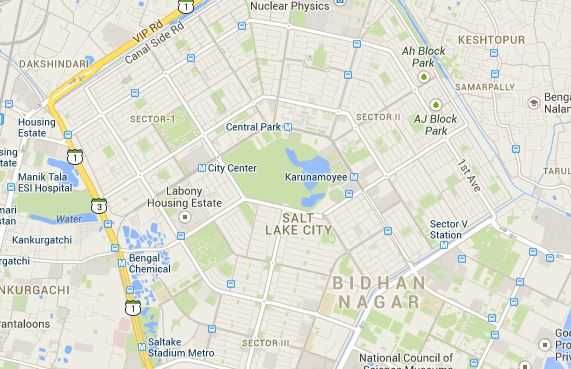Essential terms of purchase and sale contracts for immovable property-Part 2
 The “transfer of property” means an act by which a living person conveys property, in present or in future, to one or more other living persons. The instrument of sale perfected by execution and registration Deed of Sale.
The “transfer of property” means an act by which a living person conveys property, in present or in future, to one or more other living persons. The instrument of sale perfected by execution and registration Deed of Sale.
Sale
By Section 54 of the Transfer of Property Act 1882, is complete transfer of ownership, no right left over with transferor. Certain restrictions under Sections 6 and 136 where either of the parties is a Minor, Lunatic, Insolvent, Alien enemy, properties managed by the court. Similar restrictions in transactions between persons in fiduciary relationship as guardian and ward; parent and children; solicitor and client, where one is in a position to dominate the will of other and enough scope of undue influence.
Title & Ownership- Execution of conveyance and payment of price are reciprocal. Price is the criterion for contract for sale, but non payment does not affect passing of title and ownership if the conveyance is executed and registered. A contract without consideration is void but not a conveyance duly executed and registered. As held by Apex court, a sale deed duly executed, registered and not involving any fraud, passes the title notwithstanding non-payment of price. However where seller is in possession of property or the deed, pending payment of price, purchaser does not acquire any right by execution and registration of the deed. Similarly where deed expressly provides that it shall be void and of no effect unless the price is paid within a fixed time, the purchaser does not acquire right by execution and registration of the deed till consideration amount is paid in terms of the deed.
In other cases sale is completed by execution and registration of the conveyance, irrespective of non payment of the purchase money, title of the property is transferred from seller to buyer. The purchaser in such cases (even without making payment of the price, but having properly executed and registered conveyance deed)) can maintain a suit for possession of the property.
Contract for sale
Mere contract for sale does not create any interest or charge in the property, it creates a personal obligation enforceable under Section 10 of the Specific Relief Act, 1963 and Section 91 of the Trusts Act. Section 40 of the T. P Act, 1882 also deals with this aspect and describes it as an obligation annexed to the ownership but not amounting to any dilution of the same.
Effect of Contract: Agreement for sale shifts the benefits of ownership from seller to purchaser if price is paid and possession taken. It does not transfer the ownership but is enforceable by decree for specific performance. The purchaser becomes entitled to a statutory charge under Section 55 (6) (b) of T.P. Act, 1882 for advance made and is protected from dispossession on the strength of his rights under Section 53 (a) of the said Act.
 |
This article is contributed by -IndianPropertyLawyers, simplifying property
|







